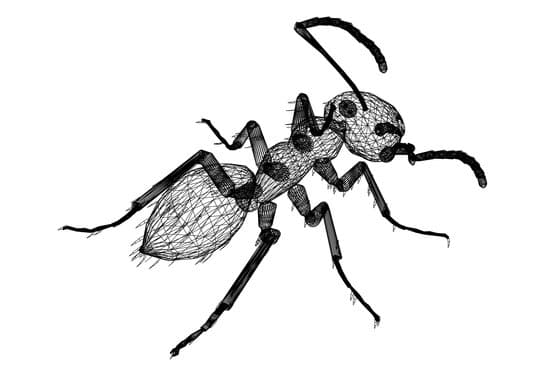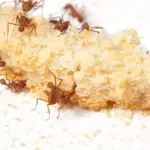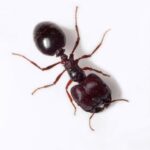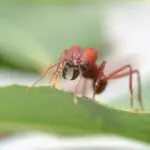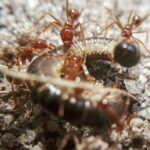Do Ants Improve Soil Fertility?
Several studies have investigated the effects of ants on soil properties. In particular, ant nests have been considered as islands of soil fertility. These nests are characterized by specific physical and chemical properties.
The ant nests influence the soil fertility through accumulation of refuse materials. The refuse materials mainly contain organic matter. This contributes to the nutrient quality of the soil, particularly in dry habitats.
The presence of an ant nest may also increase plant diversity at a larger spatial scale. This could be due to two associated factors: increased availability of plant materials and better soil conditions. However, the positive effect does not extend to the community level.
The presence of an ant nest can also increase water infiltration, which in turn affects the soil hydrology. Increased water infiltration increases plant water uptake and plant growth. The increased water infiltration also influences crop physiology and nutrient uptake.
However, not all plant species respond equally to excess soil resources. For example, some studies found that certain nutrients increased, while others decreased. It may be that ants’ nests do not affect the nutrient content of the soil in the same way. Moreover, it is not known whether the ants’ effect on plant traits is species specific.
Some of the studies found that ants’ nests improve soil fertility in dry habitats. The ants’ nests may increase soil moisture, which contributes to photosynthesis and plant growth. The ants’ nests also increase soil aeration, which promotes microbial activities.
